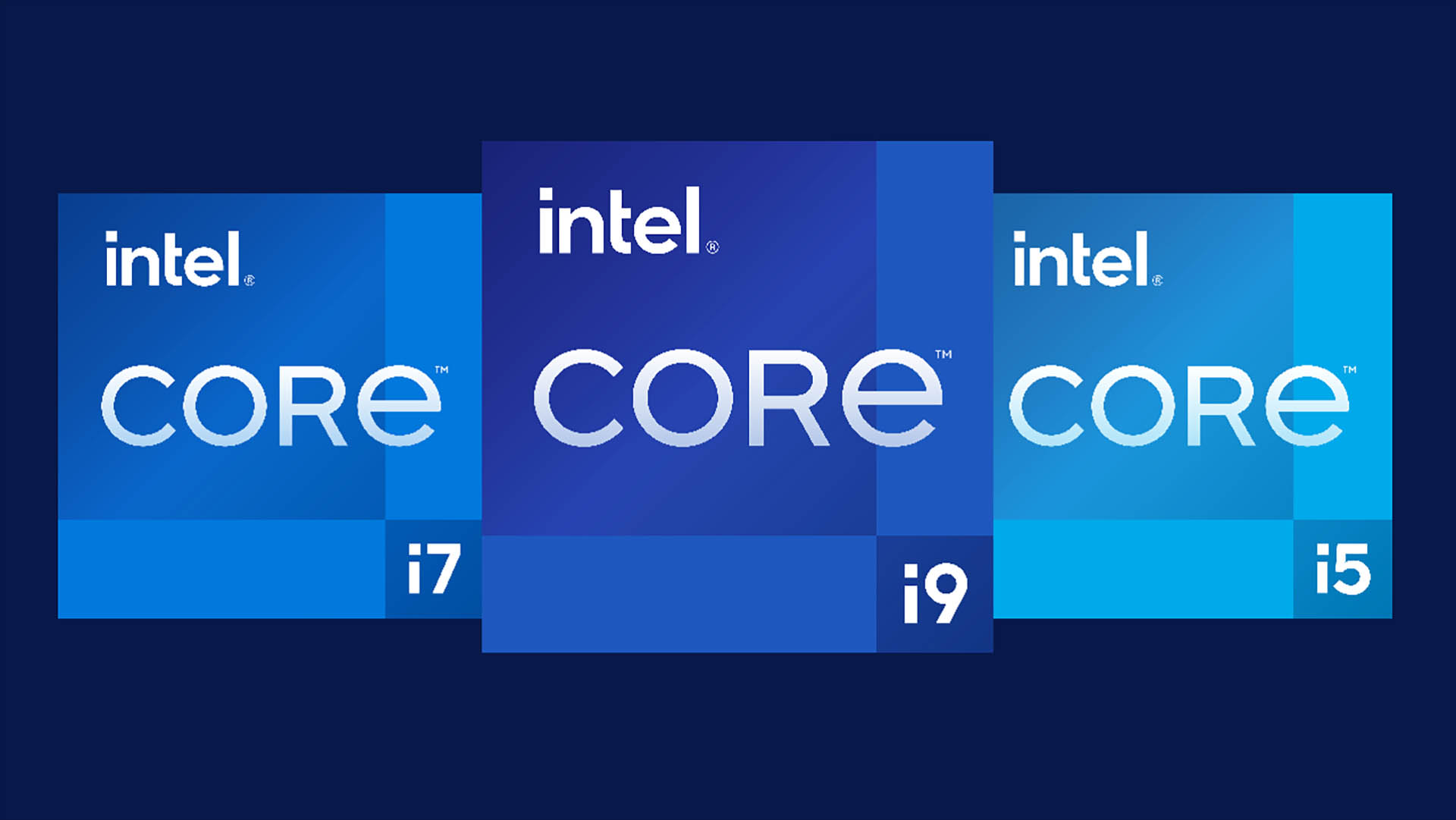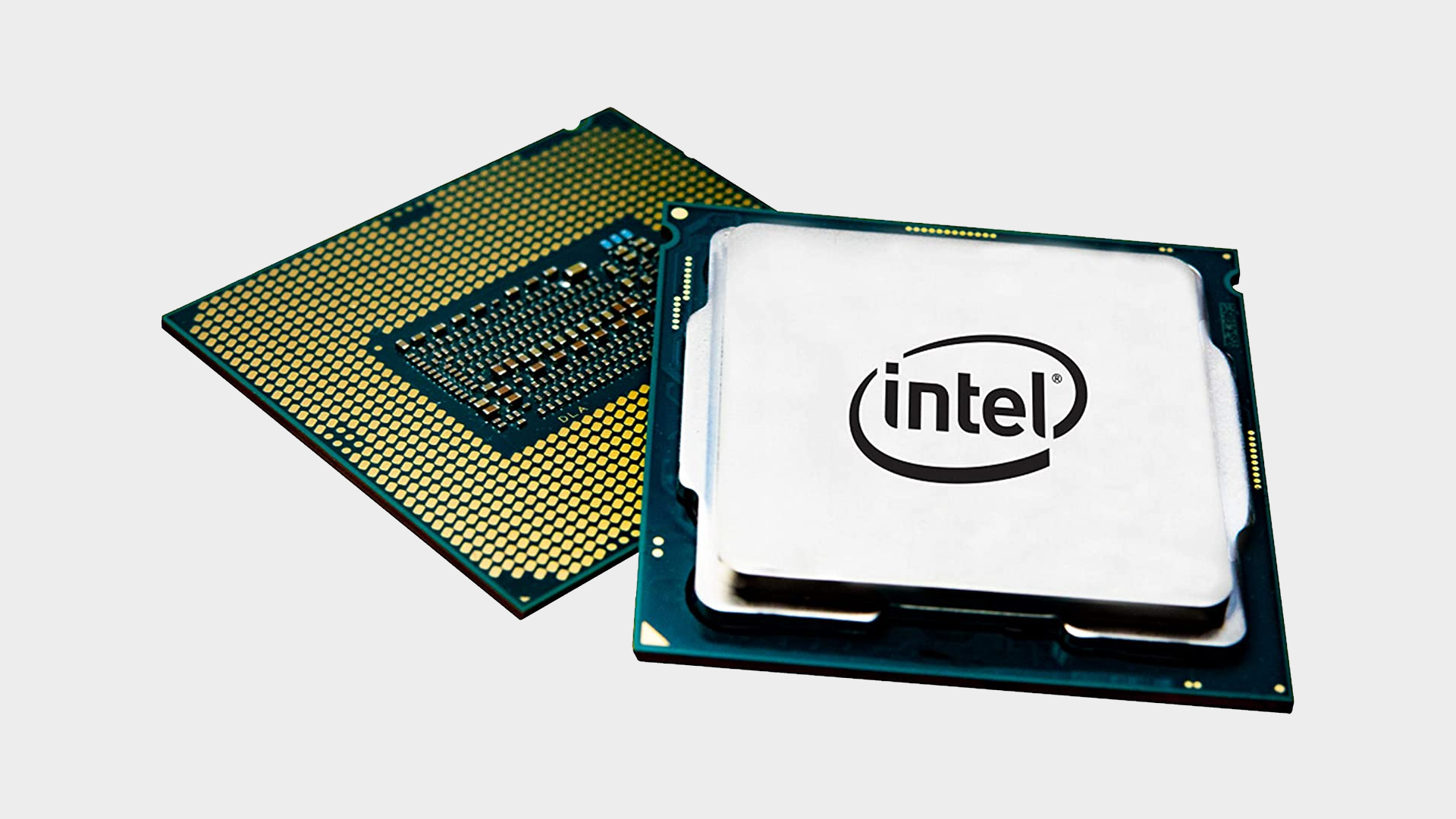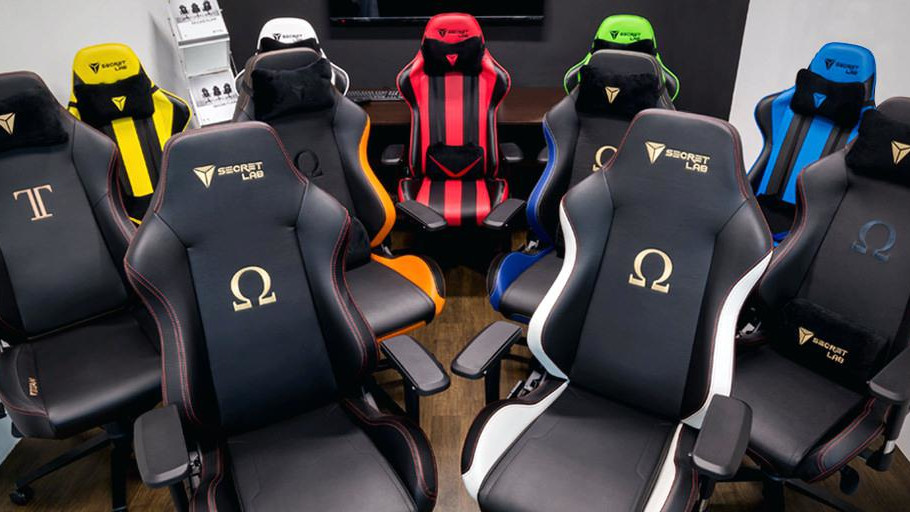New benchmarks show Intel Rocket Lake chips leading Comet Lake and AMD Zen 3 in single-core
Cypress Cove helps Intel push 14nm just that little bit further.

Early benchmarking results for Intel's Core i7 11700K are in and it's showing promising signs for performance gains over current Intel 10th Gen processors—even with a couple cores shy of the 10-core compliment on Comet Lake's top chip. Similarly, figures from Core i9 11900K testing suggests it's also taking the lead in single-threaded performance, which could make for two venerable gaming chips out of Intel Rocket Lake, at least.
The Core i7 11700K result (spotted by Tum_Apisak) comes from Geekbench 4, which you might know isn't the most representative benchmark around. Still, it offers a rough picture of performance for the upcoming Rocket Lake processors.
With a single-core score of 7,857, the Core i7 11700K would sit comfortably above the Intel Core i9 10900K, which is still largely dominate in single-threaded workloads today and tends to score upwards of 6,900 in the single-thread test on a relatively comparable system.
As a benchmark, Geekbench 4 measures memory performance as a part of its CPU test, which can mean comparable scores aren't always readily available, especially in the case of the Core i7 11700K result here today, which doesn't specify the exact memory speed for the benchmarked system.
Yet it's looking promising for Intel Rocket Lake in terms of single-core performance, and that shouldn't come as too great a surprise considering Intel is touting a double-digit instruction per clock (IPC) improvement with the shift to the Cypress Cove architecture from Comet Lake, itself a derivative of the Skylake architecture.
Cypress Cove is actually a blend of 10th Gen Intel Ice Lake CPU cores (Sunny Cove) and 11th Gen Tiger Lake graphics (Intel Xe), ported over to the 14nm process node from the more advanced, but not yet readily available on desktop, 10nm process node.

One side effect of that transition has been the reduction of total available core counts with Rocket Lake. While the Core i9 10900K offers 10 cores and 20 threads, the top Rocket Lake chip, the Core i9 11900K, is an eight-core, 16-thread part. The same goes for the Core i7 11700K.
Keep up to date with the most important stories and the best deals, as picked by the PC Gamer team.
Even a rather significant IPC increase can't overcome the lack of two physical cores on die, and it looks like the Core i7 11700K can't quite match the Core i9 10900K in multi-core tests, at 42,011 to 49,107. The equally-threaded Core i7 10700K, however, it should have beat relatively easily.

Best chair for gaming: the top gaming chairs around
Best PC controller: sit back, relax, and get your game on
As for the Core i9 11900K, that chip is reportedly in the hands of Chinese YouTuber ChaoWanKe a little early (via Videocardz). It, too, is showing signs of a slight lead in single-threaded performance, but once again falls a little behind the more core saturated Comet Lake and AMD Zen 3 parts.
It looks like Intel's new Rocket Lake Core i9 11900K could maintain a lead over at least the Ryzen 9 5900X in single-threaded performance, if only by a hair. That's potentially a good sign for gaming, but we'll have to wait until more conclusive data to say for sure.
Intel Rocket Lake processors are expected to arrive in March, at least according to a Gigabyte press release, although we are set to hear more at CES 2021. We've also seen a handful of Z590 motherboards ahead of the launch, all indicative of a Q1, or thereabouts, release date.

Jacob earned his first byline writing for his own tech blog. From there, he graduated to professionally breaking things as hardware writer at PCGamesN, and would go on to run the team as hardware editor. He joined PC Gamer's top staff as senior hardware editor before becoming managing editor of the hardware team, and you'll now find him reporting on the latest developments in the technology and gaming industries and testing the newest PC components.

